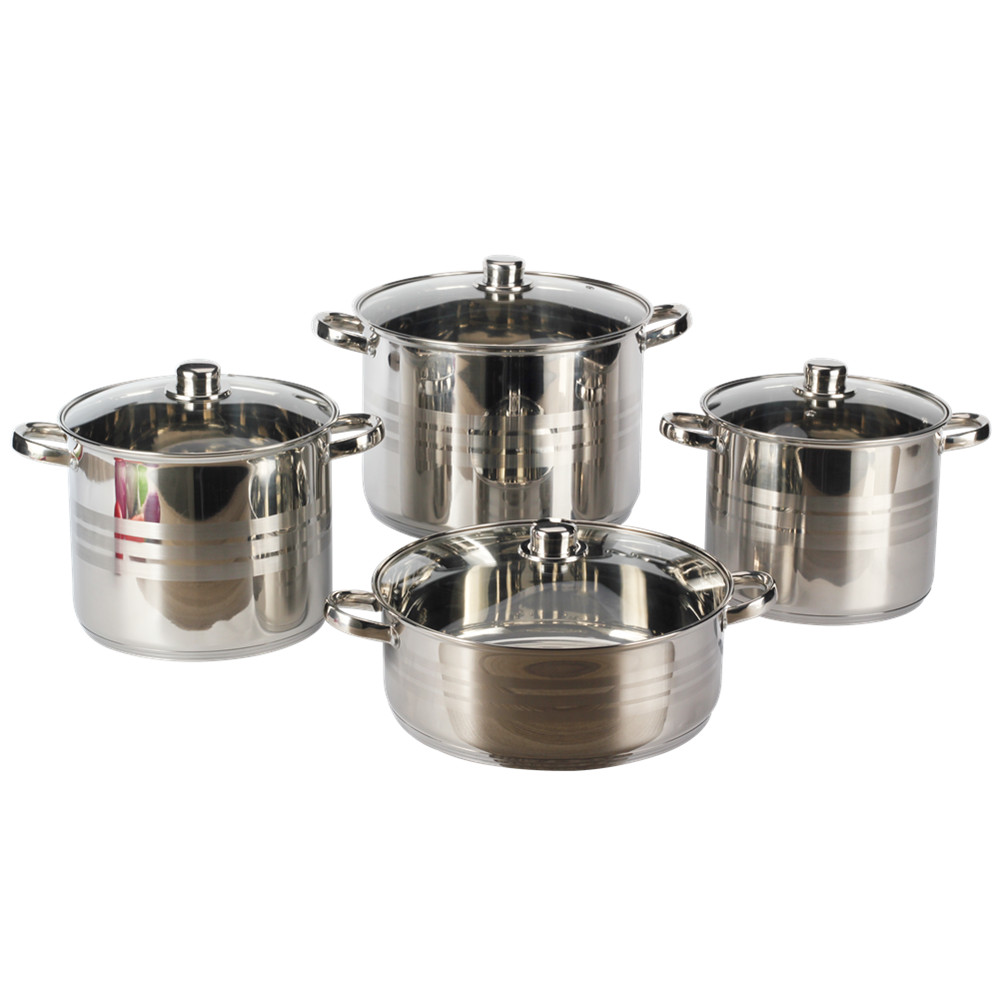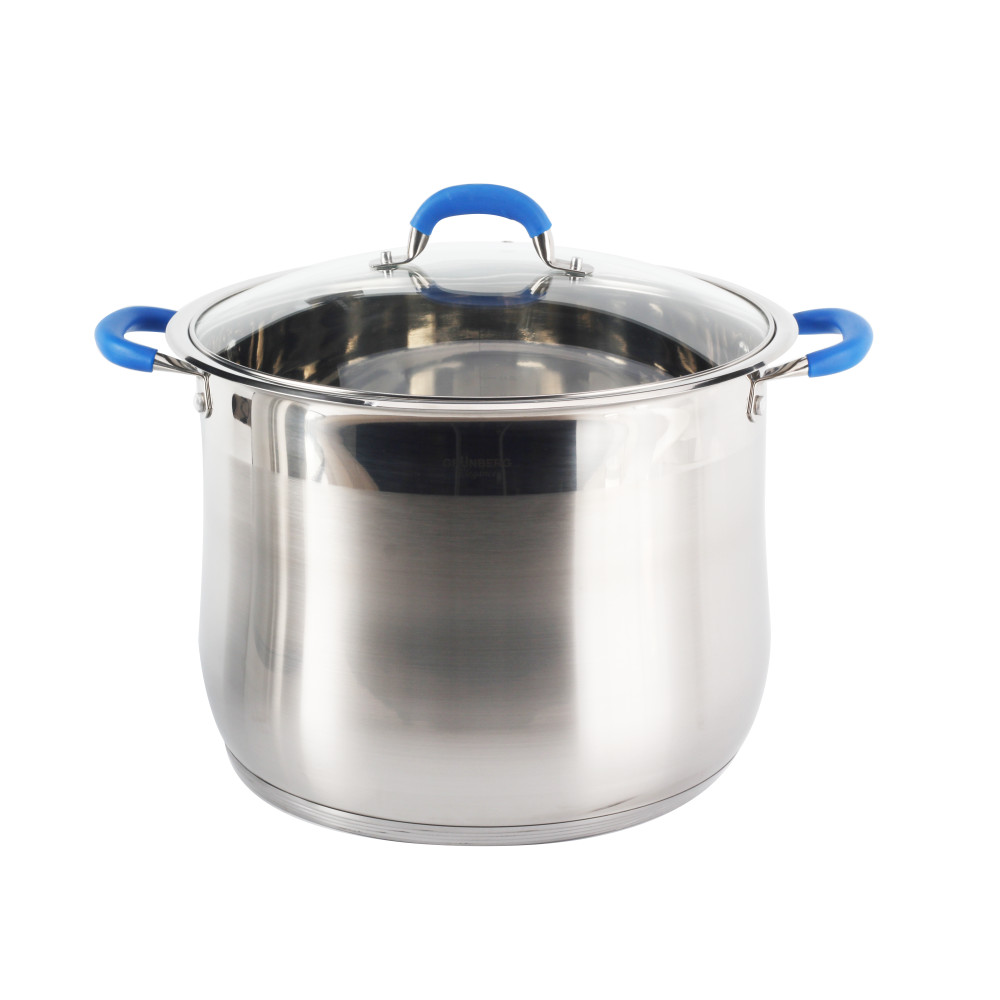
Although in anticipation, this fact still makes foreign oil companies uneasy. Sudan's oil production is mainly concentrated in the south (about 70%), while the petroleum refining and export infrastructure is basically built in the north. According to the "Comprehensive Peace Agreement" signed between the two sides of the Sudan Civil War in 2005, oil revenue was divided by the North and the South government. However, Southern Sudan has repeatedly complained that it has scored too little and believes that the North, which produces very little oil, has taken away the oil wealth that originally belonged to southern Sudan. In this context, the independence of the southern Sudan directly means that after 9 July, foreign oil companies will have to re-sign different agreements with the governments of Sudan’s south and north. Considering that these oil companies' assets in the middle and lower reaches will be split into two countries by a national border, disputes over interests are almost inevitable.
According to a manager of CNPC in Sudan, CNPC currently has four upstream investment projects in Block 1/2/4, Block 3/7, Block 6 and Block 15 in Sudan, and has also participated in the investment and construction of Khartoum. The three downstream projects of the Mu refinery, Khartoum petrochemical plant, and petrochemical trade, as well as crude oil pipelines in blocks 1/2/4, 3/7, and block 6. Several of PetroChina's oil blocks are located near the border line. The current situation is still uncertain and full of uncertainty.
Like PetroChina, foreign oil companies hope that the original contract can continue to take effect. However, they also understand that what is in front of them will not be purely commercial negotiations. It will also involve the distribution of interests between the North and South Sudanese governments. The future negotiations will be affected by many factors, including how the boundary is to be defined, and how oil and gas resources and water resources will be separated. Who will represent the main body of the oil companies in their respective countries? Will Southern Sudan build its own oil pipeline, share its oil debt, and reform its tax system?
Another factor that needs to be worried is that after the independence of southern Sudan, China’s oil interests in Sudan will face challenges from the United States, Europe and other Asian countries. Zhang Chun, an associate researcher at the Shanghai Institute of International Studies' West Asia Center for Africa, pointed out in a recent commentary that the United States, as the largest supporter of southern Sudan’s independence, is likely to return heavily. The European oil companies, service companies and secondary contractors did not fully withdraw from the Sudan before. After the independence of Southern Sudan, the pace of its return may even be faster than that of the United States. Among Asian countries, India, Malaysia, Singapore and other countries have all held shares in oil fields in southern Sudan, and Japan is in talks with southern Sudan on the construction of an oil pipeline from South Sudan to Lamu in Kenya.
According to informed sources, whether to participate in the construction of this southern oil pipeline is also a problem for CNPC. If it does not participate, after the completion of this pipeline, the role of China's oil industry facilities in northern Sudan will be greatly reduced; if they participate, not only the return on investment is yet to be demonstrated, but it is likely to cause dissatisfaction from the northern Sudanese government.
According to public information, CNPC currently owns about 40% of the Sudanese oil industry, and about 60% of Sudan's oil is sold to China. Among them, CNPC was the first Chinese oil company to come to Sudan and had the largest and most complete oil industry chain overseas in Sudan, covering the middle and lower reaches and its related port facilities.
In the 1960s, due to the lack of funds and technology for the development of oil, the Sudanese government invited Italy's Ajipu and the Anglo-Swiss Shell to explore the northern region. Chevron also entered the Sudan in the same period, first discovered gas fields in Suakin near Port Sudan in 1976, and later discovered large oil fields in the southern region. After the Southern Sudan War, three employees of Chevron were killed by anti-government guerrillas. The company decided to abandon the mining rights and withdraw from the Sudan. In 1997, the U.S. government began to impose sanctions on the Sudan. At the same time, in 1996 the President of the Sudan personally invited China National Petroleum Corporation to join.
In 1997, CNPC took part in an international bid to obtain the oil development rights of Block 1/2/4 abandoned by Chevron. In June of the same year, PetroChina and three partners formed a joint operating company, the Great Nile Petroleum Operation Co., Ltd., of which PetroChina accounted for 40% of shares, Malaysian National Oil Corporation for 30%, National Oil Corporation of India for 25%, Sudanese National Petroleum The company accounts for 5%. The shareholders also jointly build crude oil pipelines connecting the oil fields and northern ports. This pipeline is about 1,506 kilometers long and has a pipeline capacity of 12.5 million tons per year. It began in the Hagrig oilfield in south-central Sudan, passed through Khartoum, and reached Sudan Port. It is the lifeline of Sudan's crude oil pipeline and was completed in 1999.
In November 2000, CNPC also won the bid for the oil exploration and development project in the 3/7 block of the Melut Basin in eastern Sudan. Currently, it has a 41% interest. The partner, Malaysia National Petroleum Corporation, owns 40%, Sudan National Oil Corporation owns 8%, Sinopec. The Group owns 6% and the UAE National Oil Company owns 5%.
In addition, CNPC also obtained the development rights of Block 6 in the northwestern part of the Muglad Basin in Sudan in September 1995 and currently holds a 95% interest. In 2005, PetroChina joined Malaysian National Petroleum Corporation, Sudan National Petroleum Corporation, Nigerian National Petroleum Corporation and HiTech Corporation, and signed a 15-nation exploration and development product sharing contract with the Sudanese government in northeastern Sudan. PetroChina holds 35% of the shares.
In the midstream and downstream sectors, PetroChina committed to invest 50% in 1997. It has established a joint venture with the Sudanese Ministry of Energy and Minerals to build a Khartoum refinery that processes 2.5 million tons of crude oil annually, and a 20,000-ton-a-polyethylene chemical plant in Kashmir. It holds 95% of the shares.
We are professional on the Cookware production, stock pot and soup pot, saucepans, saute pan, cooking pan and pots and so on.
We can meet your special requirement of the any cookware items.
Our cookware is hot selling in worldwide.
Welcome to sent the inquiry and check our quotation.


stock pot, stock pot set, stock pots, soup pot, soup pots, stock pot for cooking, stainless steel stock pot, cooking pot
Jiangmen Wellway Houseware Co.,Ltd , https://www.jmwellwayhouseware.com